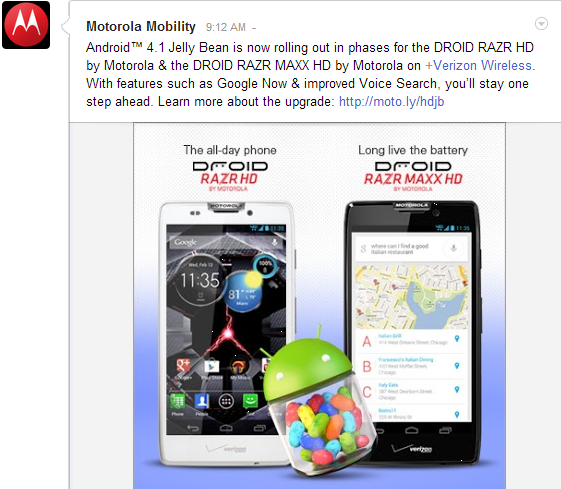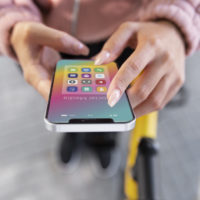As regular smartphone users, we all know that there is still one elephant in the room when it comes to our beloved devices: battery life. Battery life is definitely the biggest sticking point at the moment with scientists wrangling with physics to try and get more juice out of our wafer thin batteries, but while we’re waiting for that to happen, a little known Israeli company called StoreDot is paving the way for us to charge our batteries faster – after all, if they can’t last longer, at least we can make them charge faster.
The technology was developed in the nanotechnology department at Tel Aviv University and was happened on by chance. The team was studying Alzheimer’s disease and found a peptide that was able to absorb charge much faster than the elements in a standard smartphone battery. How much faster exactly? Well, StoreDot anticipates that you will be able to full charge one of these batteries from 0 to 100% in under a minute. Sound too good to be true? Well, it kind of is.
 Because of this ability to charge the battery extremely quickly, the total capacity of these batteries is smaller than those found in current devices, as little as just one-third the life. It’s an interesting trade-off, and one some people may be more willing to make than others. Throwing another spanner in the works is that this kind of battery would require a special charger, specifically a jacked up charger capable of pushing through “up to 80 amps of current” into these batteries when charging- that’s quite a few times more than is currently charging your smartphone (no pun intended).
Because of this ability to charge the battery extremely quickly, the total capacity of these batteries is smaller than those found in current devices, as little as just one-third the life. It’s an interesting trade-off, and one some people may be more willing to make than others. Throwing another spanner in the works is that this kind of battery would require a special charger, specifically a jacked up charger capable of pushing through “up to 80 amps of current” into these batteries when charging- that’s quite a few times more than is currently charging your smartphone (no pun intended).
Issues aside, this technology has garnered the attention of quite a few smartphone manufacturers already, with 15 speaking with StoreDot directly to try and get in on the action. In fact, we could be seeing these batteries in commercial smartphones as soon as Christmas 2016, no mean feat for a new technology in the smartphone industry. We’ll have to keep an eye on this one.
What do you think about these fast charging smartphone batteries? Let us know your thoughts in the comments below.
Source: The Guardian via TalkAndroid









